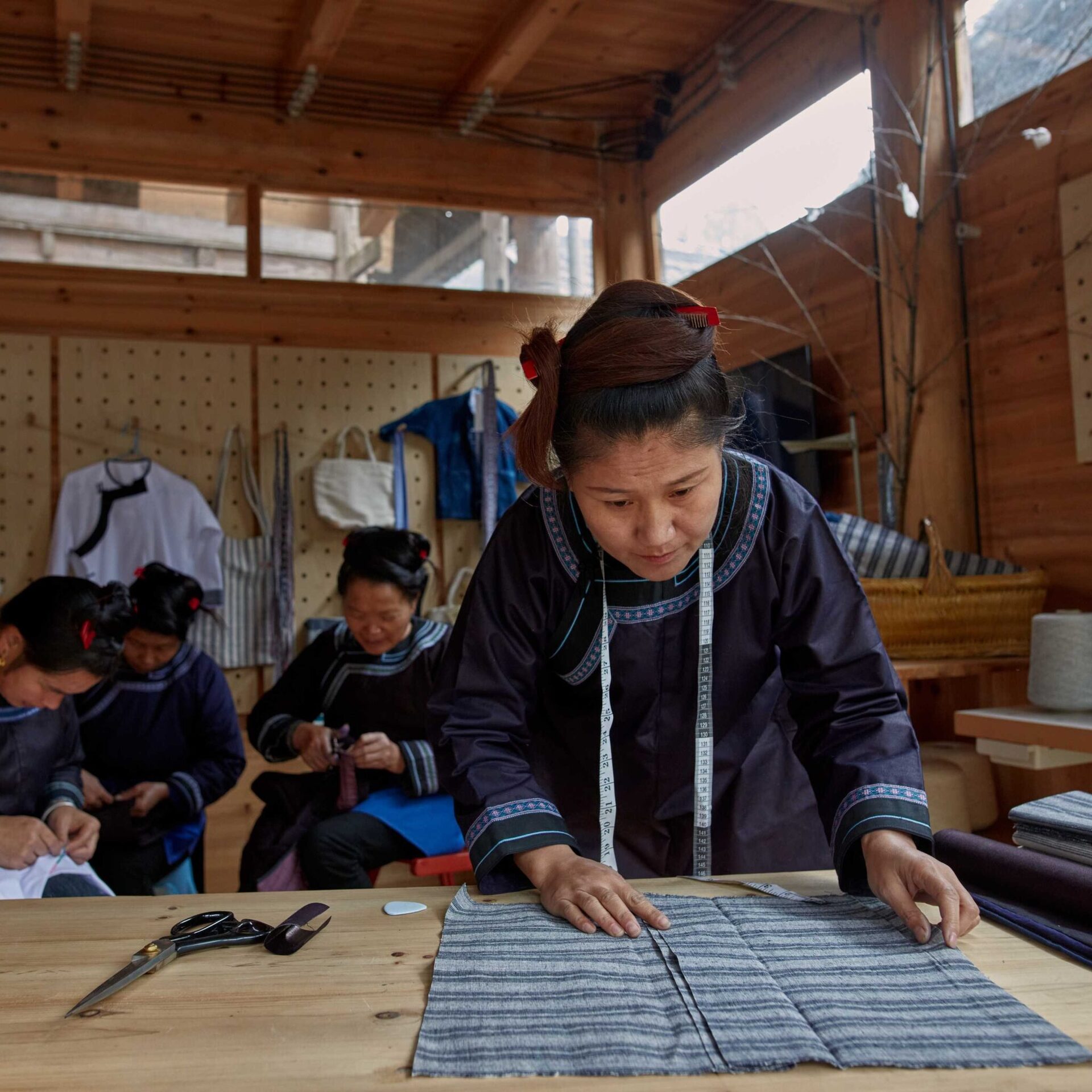ICOMOS and GHF complete their first phase of investigating heritage gaps in the UN SDGs

ICOMOS and the Global Heritage Fund (GHF) recently completed Phase 1 of their project which identifies key linkages and data gaps in the contribution of heritage to the Sustainable Development Goals (SDGs).
“Providing Guidance on Evidence for Heritage and the UN’s Sustainable Development Goals” is conducted by the 2 organisations under the terms of their Memorandum of Understanding signed in 2021.
The key aim of this project is to identify best practices for SDG-related data gathering, that small- to medium scale heritage projects can implement to create key guidance for its wider development and implementation.
Phase 1 of the project was divided into two parts, the first part consisting in conducting a gap analysis through a review of the literature concerning the SDGs and their usage in the cultural sector – beyond Target 11.4*.
The second part of Phase 1 consisted in reviewing the draft GHF sustainability targets, and comparing these against the established targets of the SDGs.
*Target 11.4, under SDG11 (Sustainable Cities and Communities), is to “strengthen efforts to protect and safeguard the world’s cultural and natural heritage” to “make cities and human settlements inclusive, safe, resilient and sustainable”.